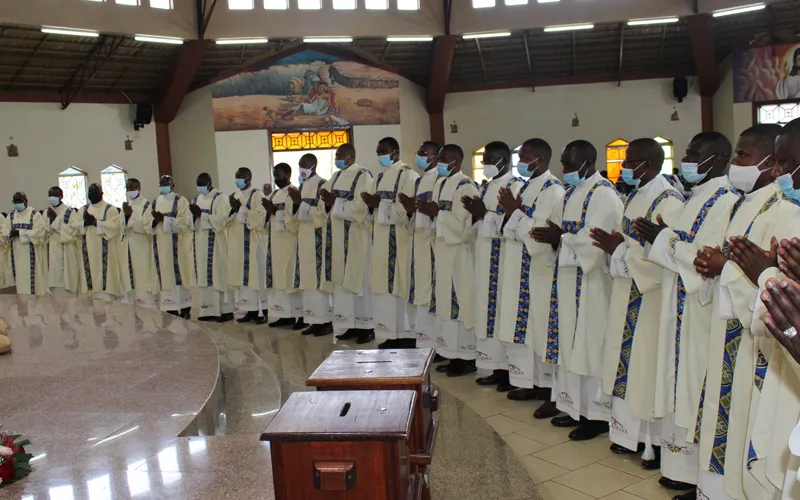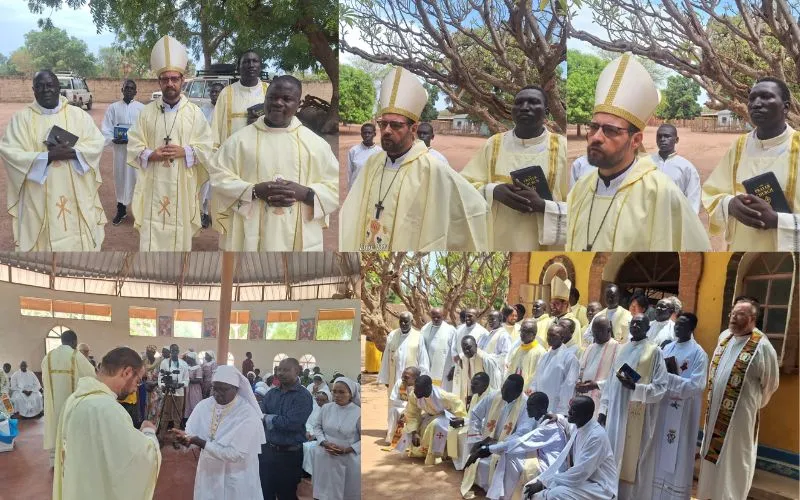The scholars found that seven of the 10 countries with the fastest-growing Christian populations offer low or no official support for Christianity.
“Paradoxically, Christianity does best when it has to fend for itself,” Saiya says.
He adds, in reference to the growth of Christianity in Africa, “Today, there are nearly 700 million Christians in Africa, making it the world’s most Christian continent in terms of population. Indeed, the 10 countries noted above with the fastest-growing Christian populations in the world from 2010 to 2020 are all located in sub-Saharan Africa.”
Christianity has made inroads into Africa not because it enjoys a privileged position with the State, but because it has to compete with other faith traditions on an even playing field, the researcher says.
He further says that of the countries where Christianity has seen remarkable growth, only one, Tanzania, has a level of official support for the religion that is at the global average.
(Story continues below)
The study found that in the rest of the cases, including Kenya and Zambia, support for Christianity was below the global average.
The scholars found that nine of the 10 countries with the fastest declining Christian populations in the world offer moderate to high levels of official support for Christianity.
They concluded that such privilege includes funding from the State for religious purposes, special access to state institutions, and exemptions from regulations imposed on minority religious groups.
This support, however, does not end up helping the church, according to the data gathered by the scholars.
In his article to explain the findings, Saiya posits that state-supported churches often become bereft of the spiritual substance that people who practice the faith find valuable, leading laypeople to leave.
This has been observed in the Catholic Church in countries where Christianity enjoys State privilege.
Saiya says that a similar trend has been experienced in Catholic-majority countries.
He explains that for much of the 20th century, countries such as Portugal, Spain, Belgium, and Italy offered strong support to the Roman Catholic Church and actively discriminated against non-Catholics in the areas of family law, religious broadcasting, tax policy, and education.
“While Catholic privilege in these countries has weakened in many parts of Europe, the Religious playing field remains unbalanced in important ways, especially with respect to the barriers to entry for new religious movements,” the researcher says.
The study also found that contexts of anti-Christian discrimination do not generally have the effect of weakening Christianity.
“In some cases, persecution even strengthens the church,” Saiya says in his submission to Christianity Today, and adds, “Like healthy Religious competition, Religious persecution—for entirely different reasons—does not allow Christians to become complacent.”
He says that in persecution, believers turn to their faith as a source of strength, and that it is such devotion that attracts those outside their faith.
In their study, the two scholars urge institutions of faith to shun the temptation of privilege and to not see religious competition as threatening and something to be shut out.
This does not mean that Christians segregate themselves from public life and to abandon politics altogether, they say, and explain that the approach “would strongly caution Christians against equating any political party, political ideology, or nation with God’s plans.”
“Our research suggests the best way for Christian communities to recover their gospel witness is to reject the quest for political privilege as inconsistent with the teachings of Jesus,” Saiya says.
He explains, “In doing so, they (Christians) would show that they take seriously Christ’s promise that no force will be able to prevail against his church.”
The religious scholar says that rejecting privilege will make believers more reliant on the Holy Spirit to open hearts to the gospel message.
Agnes Aineah is a Kenyan journalist with a background in digital and newspaper reporting. She holds a Master of Arts in Digital Journalism from the Aga Khan University, Graduate School of Media and Communications and a Bachelor's Degree in Linguistics, Media and Communications from Kenya's Moi University. Agnes currently serves as a journalist for ACI Africa.








